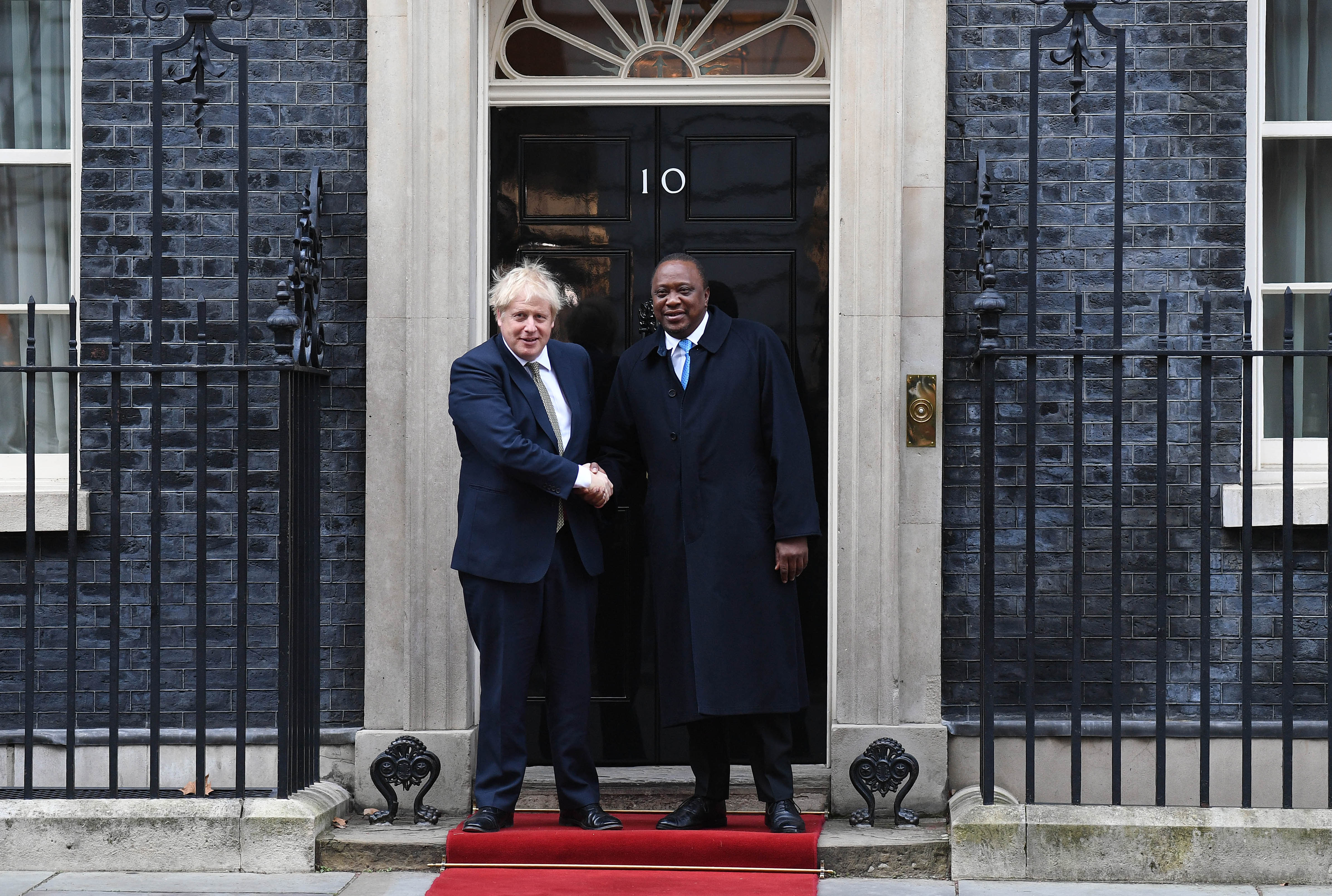Over the past decade, significant attention has been paid to the emergence of a Salafi-jihadist milieu in coastal Kenya. What has been less examined is the equally important process of moderation away from violence, write Jannis Saalfeld and Hassan A. Mwakimako.
Starting in the late 2000s, Kenya’s coastal region witnessed the emergence of extensive jihadist networks crucially influenced by the coastal cleric Aboud Rogo. Preaching in Mombasa’s Musa Mosque, Rogo and his confidants were notorious for their hostility towards the Kenyan state and their open support for Somalia’s Al-Shabaab rebels. Most of the local jihadist preachers, including Rogo, were extrajudicially assassinated in the early 2010s, but recordings of their incendiary sermons have continued to inspire jihadists and their sympathisers in the wider East African region.
The rise of jihadism represents a watershed in the Islamic history of coastal Kenya. However, the history of two highly different Islamist groups, the Islamic Party of Kenya (IPK) and the southern coastal Ansar Sunnah movement, shows that local jihadist radicalisation has been accompanied by equally important processes of moderation away from violence and extremism.
The Mombasa-based IPK was established by a group of young Muslim middle-class professionals in the early 1990s. These activists envisioned the political leaders of Kenya’s Muslim minority working together with non-Muslim actors to advance Muslims’ socio-political standing. To appeal to Muslim youth, the IPK’s founding fathers included an assertive religious reference in their party’s name. As a result, the Kenyan authorities refused to register the IPK and resorted to heavy repression against the new party leading to its disintegration in the mid-1990s.
The southern coastal Ansar Sunnah movement emerged around the Salafi cleric Abdulaziz Rimo in the former district of Kwale in the 1980s. Eager to purify local Islamic practice, Rimo pursued an agenda fundamentally opposed to democracy and the conventional state. Among other things, he called on his followers to boycott secular education and state employment. When in 1992 a delegation of IPK activists tried to convince Rimo to campaign for them, Rimo refused outright. Instead, he stuck to his rejectionist dogma until he died in 2015.
Tracing the non-linear dynamics of Islamist activism
Both the swift demise of the IPK and the rejectionist ideology of the “Ansaris” have been presented as drivers of jihadist radicalisation. It has been frequently highlighted that Aboud Rogo was an IPK activist who turned towards jihadism after the state refused to register the IPK. The Ansar Sunnah movement, on the other hand, has been depicted as gradually evolving into a breeding ground of violent extremism based on Abdulaziz Rimo’s fundamental opposition to the Kenyan state.
Yet these narratives provide an unbalanced account of the local dynamics of Islamist activism. To begin with, it is crucial not to overstate the link between the fate of the IPK and the rise of coastal jihadism. Apart from Aboud Rogo, none of Kenya’s leading jihadist preachers had been an IPK activist. After initially moving towards militancy in the face of massive state repression, the network behind the IPK became largely integrated into the Kenyan political process. While some activists turned towards Kenyan mainstream parties, others became active in an expanding NGO sector. The fact that most of the IPK’s activists swiftly abandoned the aggressive rhetoric they had adopted following the state’s hostile reaction to the party’s creation can be attributed to the pragmatic Muslim empowerment agenda the party was rooted in. Although this agenda included Islamic references such as the call for the establishment of modern Islamic schools and universities, it did not fundamentally question the secular Kenyan nation-state.
As regards the recent history of the Ansar Sunnah movement, while some “Ansaris” became affiliated with Somali-based jihadist circles, others turned their back on the extreme isolationism of the movement’s founding father Abdulaziz Rimo. Several former disciples of Rimo have become involved in mainstream Islamic NGOs such as the Council of Imams and Preachers of Kenya, others have established a state-recognised primary school, going against Rimo’s preaching against secular education. Heightened exposure to the teachings of Abdulaziz Rimo has been neither a necessary nor a sufficient condition for individual activists to develop jihadist worldviews.
Taken together, the histories of the IPK and the Ansar Sunnah movement underline the multi-faceted and non-linear dynamics of Islamist activism in coastal Kenya and the wider East African region. Unlike what popular narratives might suggest, local Islamist action has not irreversibly shifted towards violent jihadism.





